I would like to use certain keywords and unary/binary operators as functions. For example:
_not = lambda a: not a
_plus = lambda a, b: a + b
_or = lambda a, b: a | b
I think there is an opportunity for a simpler syntax, which would look nicer in some functional settings:
_not = (not)
_plus = (+)
_or = (|)
The expressions on the right hand side are invalid anyway, so why not have them be those functions. I think it would also be nice to an identity lambda, maybe (:), as in (:) = lambda x: x.
So to make a question out of this: what would it take, broadly speaking, to implement these changes on my local installation of python and/or why is this a terrible idea?
Cheers
